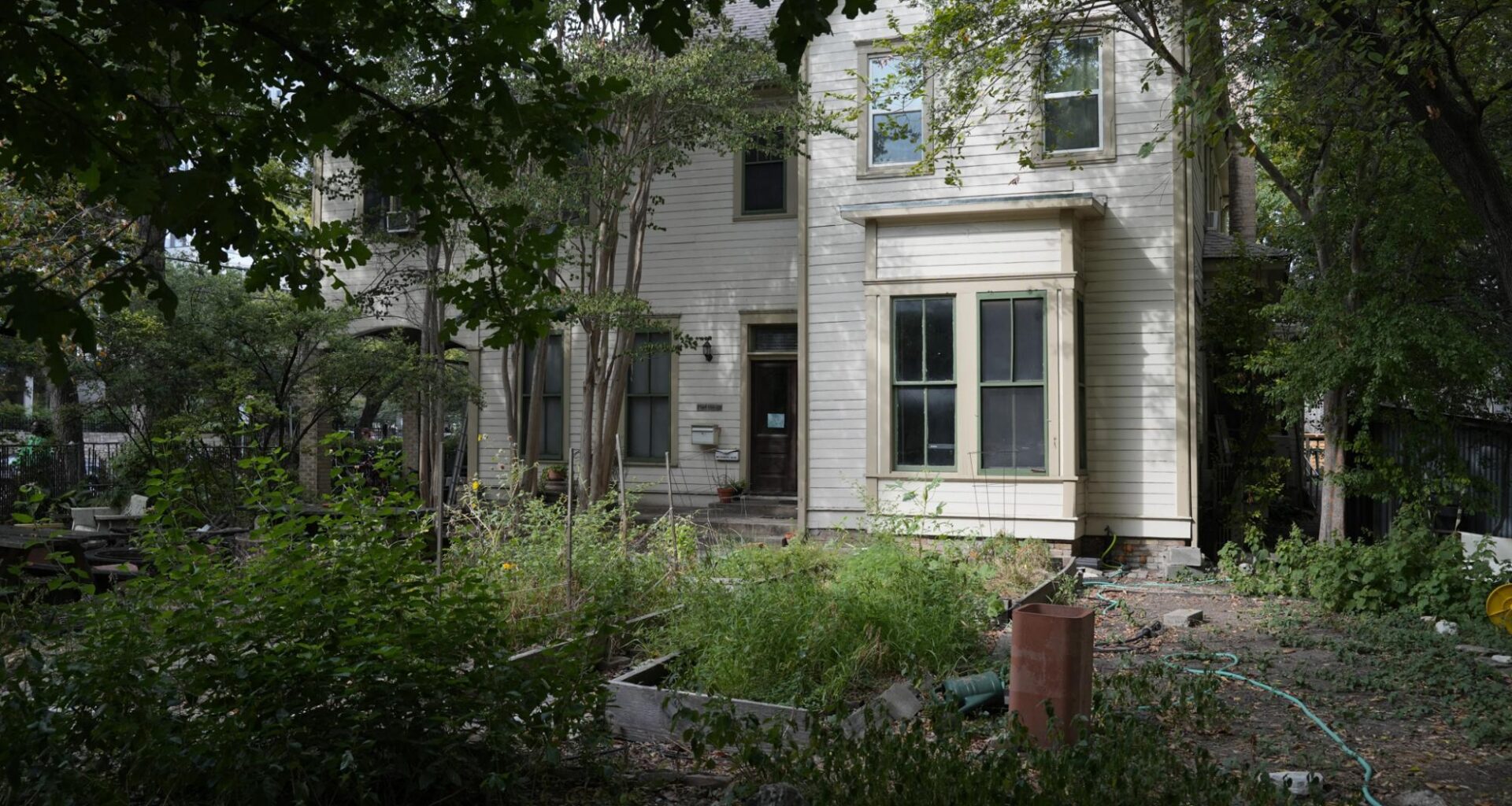A West Campus cooperative received a historical landmark designation by the Austin City Council during its Oct. 9 meeting for its important role in women’s and minority history.
Cooperatives are known for providing affordable housing and a close community for residents. The Whitehall Cooperative, located on Nueces Street, is the oldest independently-run residential cooperative in Texas, according to city zoning change documents. It was founded in 1949 as an all-women’s co-op, but opened over time to all races, genders and non-students.
“Preservation is an important tool to keep this spirit of Austin,” said Meghan King Namour, policy and outreach planner for Preservation Austin. “We need these kinds of places not just to sustain our historic fabric, but our culture as a city.”
Whitehall’s designation as a historical landmark means the cooperative will be exempt from property taxes, according to the city of Austin website. The historical landmark status also protects the property from being torn down by developers, said Cristina Ricci, president of the Whitehall Intentional Society.
In the late 1930s, it cost $72 per month to live in a University dormitory, while cooperatives were renting rooms for $20 to $40 per month, according to city zoning change documents. At the time, all students were required to live in University-approved housing, which includes co-ops, but women faced greater regulations, like curfews and meeting minimum grade point averages. A group of female UT graduate students founded Whitehall Co-op as an affordable housing alternative to dorms, according to city zoning change documents.
Whitehall’s social justice and political activism is a significant part of its history.
“In 1956, when Black students were first admitted to UT, Whitehall was one of the only University co-ops that racially integrated,” King Namour said at the city council meeting.
In addition, Whitehall members were prominent activists in the community, according to city zoning change documents. They participated in anti-nuclear protests and advised other cooperatives on how to purchase their own properties. Whitehall decided to allow male, and non-students to become members in 1971.
Today, Whitehall Co-op residents continue to honor the property’s history. Ricci said prospective members are asked if they are prepared to maintain the 130-year-old house when applying for membership.
“It’s very old, it has a lot of maintenance needs,” Ricci said. “Since we don’t have a landlord, that’s something that we’re all responsible for taking care of.”
Currently, rent per room ranges from $638 to $773, with an additional $135 for food the cooperative pays for collectively, according to the Whitehall Co-op website.
“As West Campus gets way more expensive, and Austin in general, this can still be a beautiful historical home where people can live affordably,” Ricci said.

